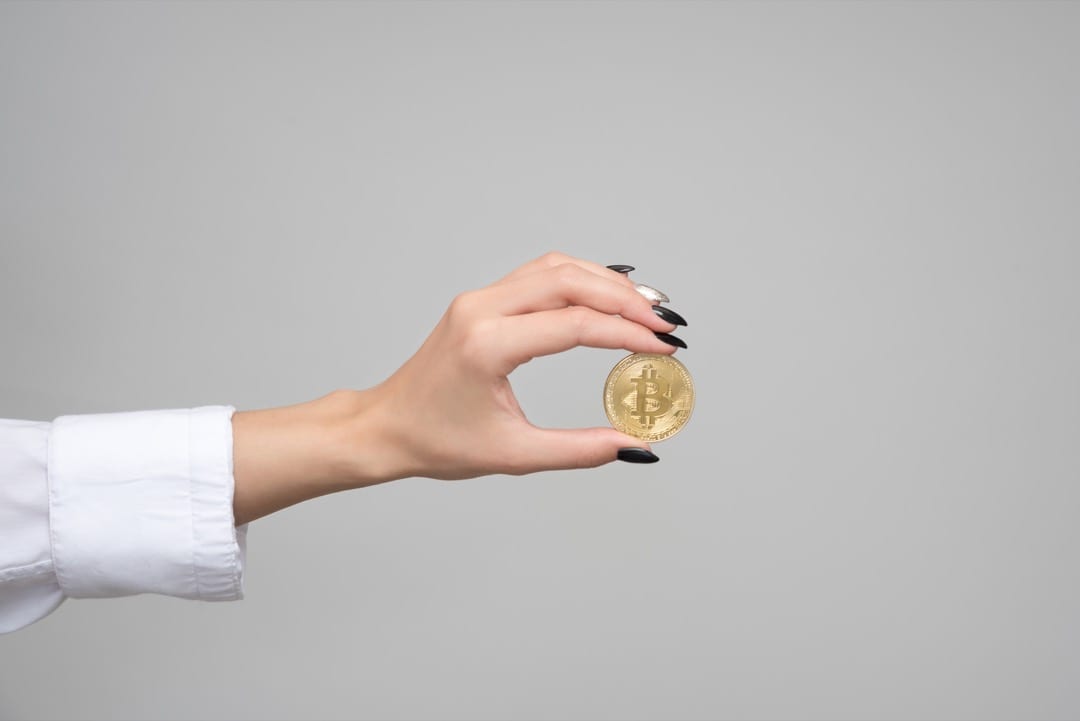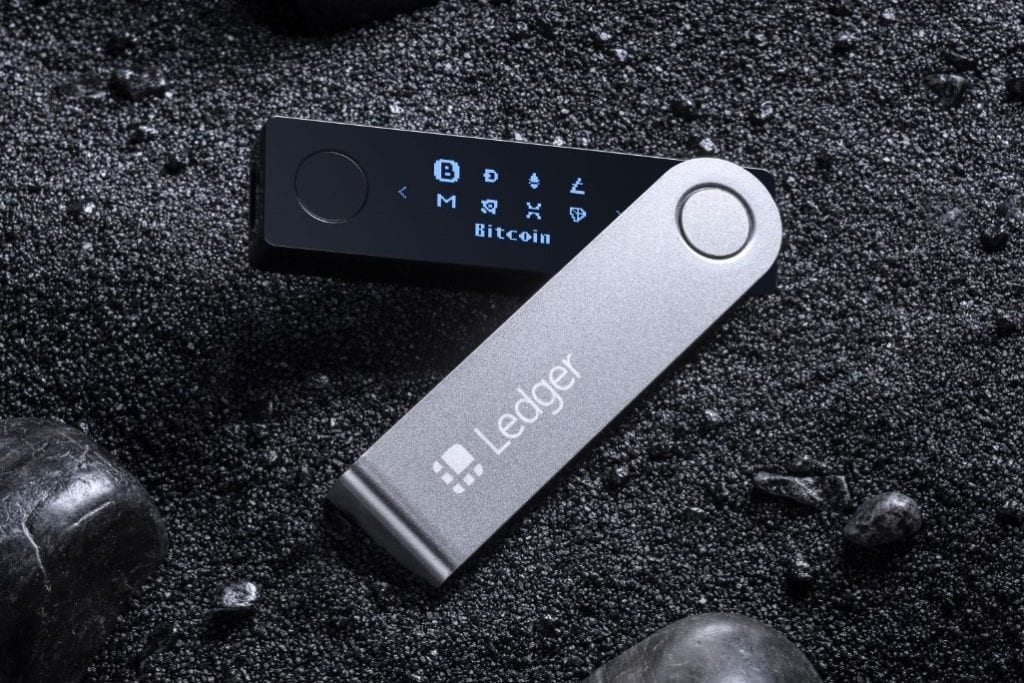Are you thinking about investing in Bitcoin, cryptocurrency (digital currency)? Are you looking for reliable answers on if Bitcoin is safe, real, or even legal? How does Bitcoin work? Or maybe you just want to find out more about this cryptocurrency, because you heard that the Bitcoin price is up another $1,000. Whatever your situation is, you’ll have a great understanding of it by the time you finish this article.
Bitcoin’s price swings get quite a bit of public attention, both good and bad. There has always been some skepticism revolving around Bitcoin. Is Bitcoin real? Is Bitcoin safe? Is Bitcoin legal? How does Bitcoin even work? These are all common questions that you will hear during Bitcoin conversations and I plan on answering them for you.
What Is Bitcoin?
Before we dive in too deep, you need to know what Bitcoin is to get the full picture. Bitcoin is a cryptocurrency (digital currency), created and electronically kept on a computer. It is the first and best example of a cryptocurrency that both people and businesses can take advantage of. Bitcoin transfers are low on cost and give you the ability to exchange value from anywhere, while you still have complete control of your Bitcoin – your money. There is no bank that holds your Bitcoin. The best part is that when used correctly, the process is entirely safe and secure.
Fiat currency is a legal tender that is backed by a central government. Unlike fiat currency, Bitcoin is a digital currency that is not legal tender and does not have government banking backup. Bitcoin is completely digital, and this is why people tend to get scared, there is nothing tangible to hold in your hands like coins and bills. The real difference here boils down to taxes. With fiat currency, the government controls the supply and taxes it, whereas digital currency, you have to pay taxes yourself.
Other than that distinct detail, there really is no intrinsic difference. Each can be called money or currency, and used to purchase goods and services. This means both options are equally safe, and yes, legal. In fact, in February 2020, Bitcoin became legal in the United States, Japan, the United Kingdom, Canada, and the majority of other developed countries.
Who Created Bitcoin?
You may be wondering who the mastermind was behind the Bitcoin cryptocurrency creation. Though there is still doubt about his true identity, it is almost certain that a man named Satoshi Nakamoto was the creator of Bitcoin. Though that name could be a pseudonym and the identity could be tied to someone else, such as Nick Szabo, Dorian Nakamoto, or perhaps Craig Wright, this is the name he goes by. It could be due to wanting to keep a low profile with such rising fame, but the motive is unclear because he never gave an interview.
On a sidebar, pseudonyms are fairly common in the Bitcoin cryptocurrency world. Bitcoin and cryptocurrency revolve around decentralization, security and anonymity, so it’s not a surprise that many developers in the cryptocurrency industry often use pseudonyms.
Back on track, Satoshi started working on Bitcoin in 2007, about two years before the very first block (Genesis block) was mined. During this time, Satoshi received the first 50 bitcoins ever circulated. In 2008, he published an online, open-source whitepaper that introduced the form of digital currency, which was a design that could be used without needing a central bank. The whitepaper was titled: Bitcoin: A Peer-to-Peer Electronic Cash System.
Technology and Key Features of Bitcoin
Now that you have a basic idea of what Bitcoin is, let’s look more into the key features of Bitcoin:
1. Decentralization
The first and most notable feature is how Bitcoin currency promotes decentralization. There is no centralized server or server farm that hosts all the information. That insulates customers from any bank crashes or failures and rids them of any exuberant banking fees and policies. The payments are seamless, cheap, international, and give people ultimate control of their money.
2. Nodes and Miners
Since Bitcoin is decentralized, there is no central authority control. This means that people can mine (called miners) Bitcoin transactions and validate them using specialized processors. Then they store their Blockchain on a storage or server device (Nodes) and run a Bitcoin client software to peruse all transaction data to see if it conformed to the Bitcoin protocol, thus validating transactions.
3. Solving Blocks for Rewards
The miners mentioned above can receive rewards in the form of Bitcoin for their mining efforts in finding new blocks. They may get things such as more blocks of the respective Blockchain and can add it as the first transaction.
4. Bitcoin Halving
Bitcoin halving is when the reward for mining new blocks gets halved, meaning the miner(s) get 50 percent fewer bitcoins for their transaction verifying efforts. This process occurs once every 210K blocks, which is about every four years. This may sound like a bad thing, but it is not. This process of reducing the number of new bitcoins being generated can cause the price to rise, making investors and traders very happy.
5. Anonymity
The cool feature about Bitcoin is being able to stay anonymous during transactions. Unlike bank accounts and other payment systems, Bitcoin addresses are not tied to you and your identity. You can create new addresses to receive Bitcoin without needing to give personal information.
6. Immutability
Yes, Bitcoin is immutable and cannot be changed. Once a block is mined and added to a chain, then that is it. Something to ease your concerns on this is that each stored information on the nodes is in cryptographic form, meaning hackers cannot get that data efficiently.
7. Limited Supply Scarcity
Fun fact, Bitcoin is a lot like Gold; there is a limited supply. In fact, there are 21 million bitcoins that can be mined, and about 4 million of them are lost forever. And as people continue to lose their private keys, the Bitcoin that those keys hold will now be “lost” and continue to diminish the supply.
How to Get and Store Bitcoins

There are a few different ways you can get or buy bitcoins. Check out the cryptocurrency resources page, but basically, you can sign up for free on reputable exchange sites like Binance or Coinbase, mine them yourself, or you can perhaps get them as gifts from friends who are willing to send some to you. Check out my older post on Bitdeer cloud mining for my analysis on whether or not it was worth it.
Whichever option you choose, you will need a place to put your digital currency, which raises the question of where do you keep them?
The answer to this is a digital, cryptocurrency wallet.
When it comes to finding a reliable Bitcoin wallet, keep in mind a few things. One, you will want to ensure that you control your private keys. Two, it is actively maintained on the backend if it’s a software or mobile wallet. Three, it is compatible on different operating systems. For example, Ledger Nano X is a modern hardware Bitcoin wallet that launched in 2019 and is the best hardware wallet out there in my opinion. It’s the only one that works on both mobile and desktop, which is what makes this the ideal Bitcoin wallet option.
Alternatively, you can use an exchange company like Coinbase, which has a web wallet version as part of their exchange and a mobile app. It allows you to store bitcoins, manage Ethereum-based tokens, and access DApps.
Be sure to check out the Cryptocurrency Wallet Ultimate Guide 2020.
Ready to Try Out Bitcoins?
As you can see, Bitcoin is not some scary or illegal currency circulating around the globe just for money laundering and scams. Despite fears, it is becoming widely accepted amongst businesses and companies in the world today. Tons of major retailers are accepting Bitcoin as a valid currency. In fact, 36% of all small to medium businesses in the United States accept this payment form. Larger companies such as Wikipedia, Microsoft, Expedia, and even Burger King all accept Bitcoin. You can even buy a house or a car with Bitcoin if you wanted to.
No, Bitcoin is not terrifying, unsafe, or something that is not “real money.” It is an entirely valid currency, and it is certainly something to consider investing in. Bitcoin is a great route to take if you want to transfer money digitally in a decentralized manner. It is a perfect alternative to fiat currency if you want to get rid of central banking and have the ultimate control over your money.
Let’s recap some of the key items in this post on Bitcoin:

